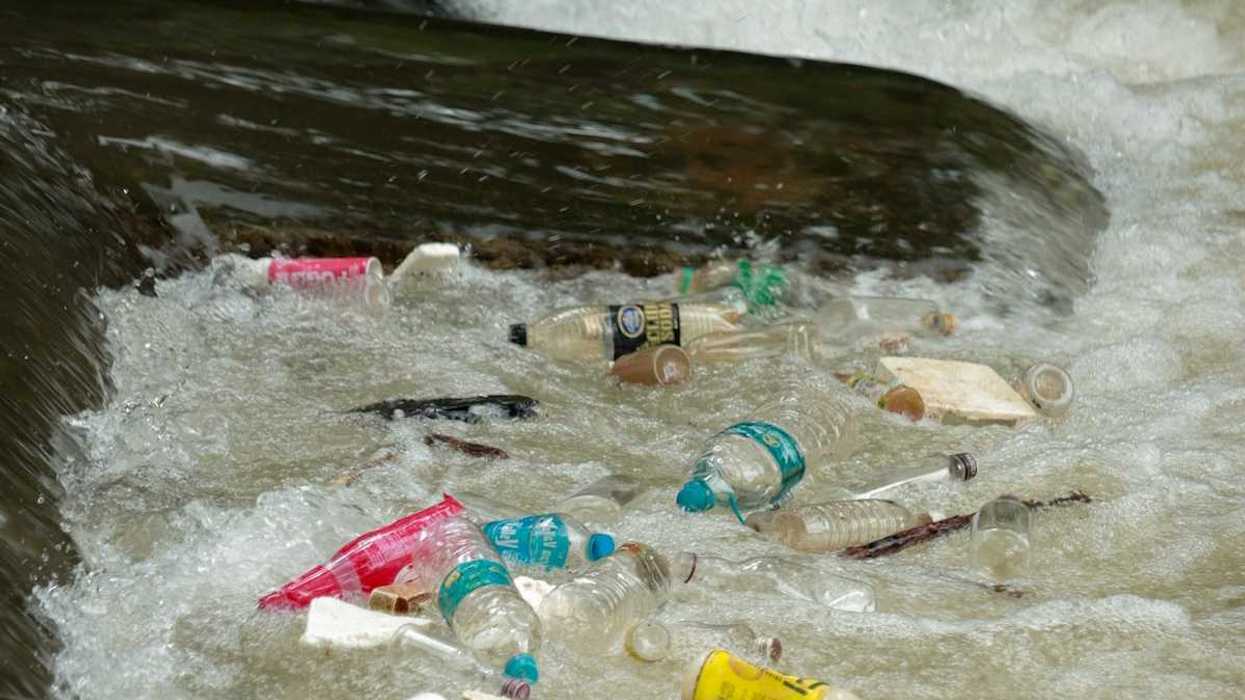New research shows that ship scrubbers, designed to reduce sulfur emissions, have unintentionally caused heavy metal pollution, damaging marine ecosystems.
Lina Zeldovich reports for Hakai Magazine.
In short:
- Ship scrubbers have reduced sulfur pollution but released heavy metals into the ocean, harming marine life.
- More than 10 billion cubic meters of scrubber water is discharged annually, causing $750 million in environmental damage in the Baltic Sea alone.
- Some governments, including Sweden and Denmark, plan to ban open-loop scrubbers by 2029 to mitigate further harm.
Key quote:
"Innovations and new ideas are never perfect, but the industry finally caught onto the fact that this was not the environmental solution that maybe they had hoped for."
— Erik Nøklebye, CEO of Wallenius Lines
Why this matters:
Ship scrubbers were initially seen as a solution to reduce sulfur pollution, but their unintended impact on marine ecosystems has proven costly. Addressing this issue is crucial to protecting ocean biodiversity and reducing further environmental damage.
Related:














